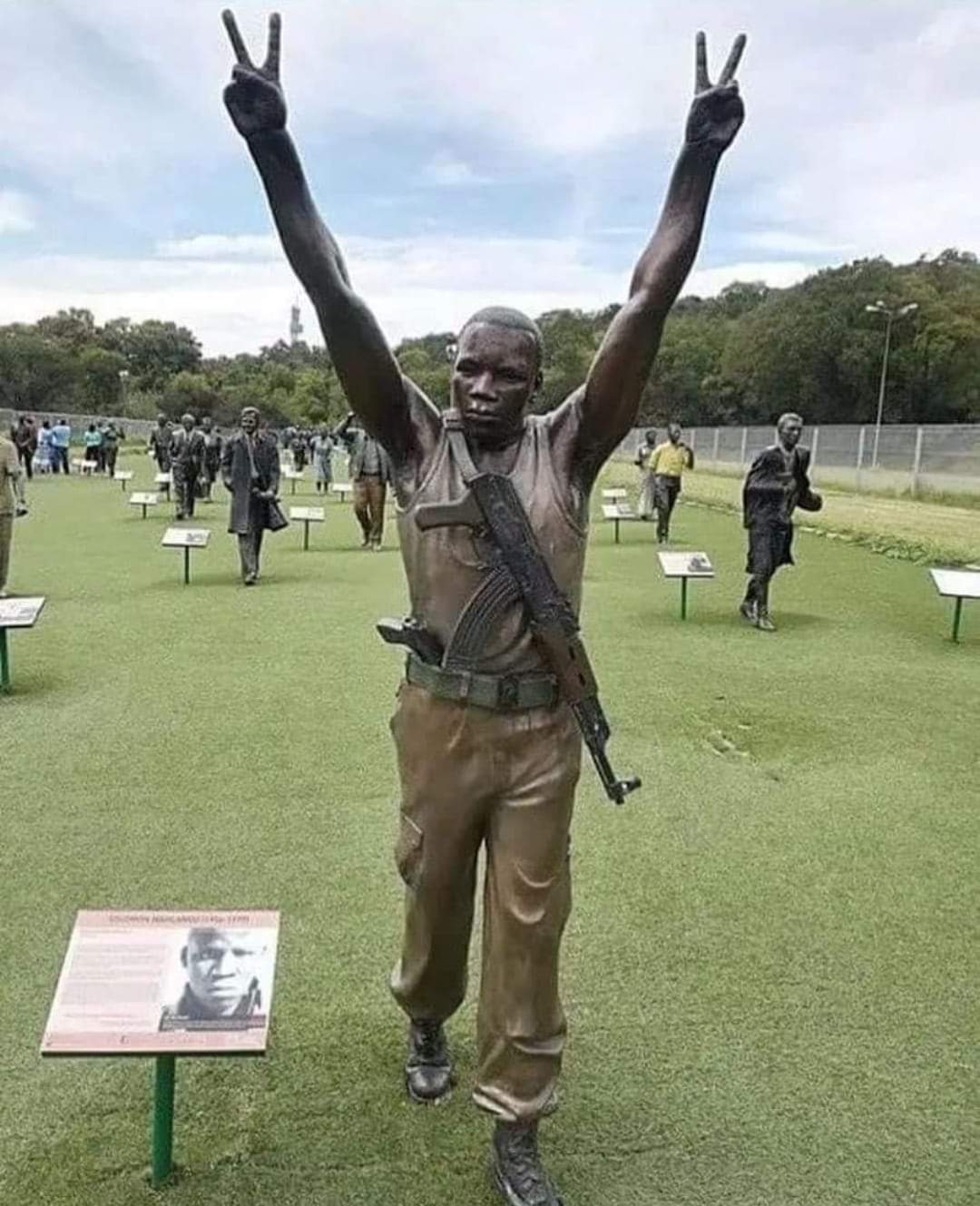Solomon Kalushi Mahlangu: A Martyr for Freedom and Equality

Katsina Times
In a pivotal chapter of South African history, Solomon Kalushi Mahlangu, born on 10 July 1956 in Mamelodi, emerged as a fervent anti-apartheid activist. Growing up amidst poverty, he navigated limited educational opportunities, forging an early path into political activism by joining the ANC and participating in student and youth movements.
Mahlangu's pivotal role unfolded during the 1976 Soweto Uprising, a historic protest against the compulsory use of Afrikaans in schools. Following this watershed moment, he ventured to Angola for military training, gearing up for armed resistance against the oppressive apartheid regime.
Returning to South Africa in 1977, Mahlangu threw himself into uMkhonto we Sizwe (MK) activities, embracing sabotage and guerrilla warfare. A significant turning point occurred in a 1977 operation in Johannesburg, resulting in a deadly confrontation with security forces, claiming the lives of two white civilians.
Subsequently, Mahlangu faced trial, accused of murder and terrorism. Despite global appeals for clemency, he was convicted and sentenced to death. His execution on 6 April 1979 at Pretoria Central Prison drew international condemnation, shedding light on the brutality of apartheid.
Mahlangu's poignant final words, "My blood will nourish the tree that will bear the fruits of freedom. Tell my people that I love them," echoed globally. His death triggered protests, amplifying the anti-apartheid struggle. Solomon Kalushi Mahlangu emerged as a symbol of resistance, a martyr whose legacy continues to inspire the ongoing fight for justice and equality.
Posthumously, Mahlangu received the Order of Mendi for Bravery in 2005, a testament to his sacrifice and commitment. His story serves as a reminder of the enduring pursuit of justice and equality in South Africa and beyond.

